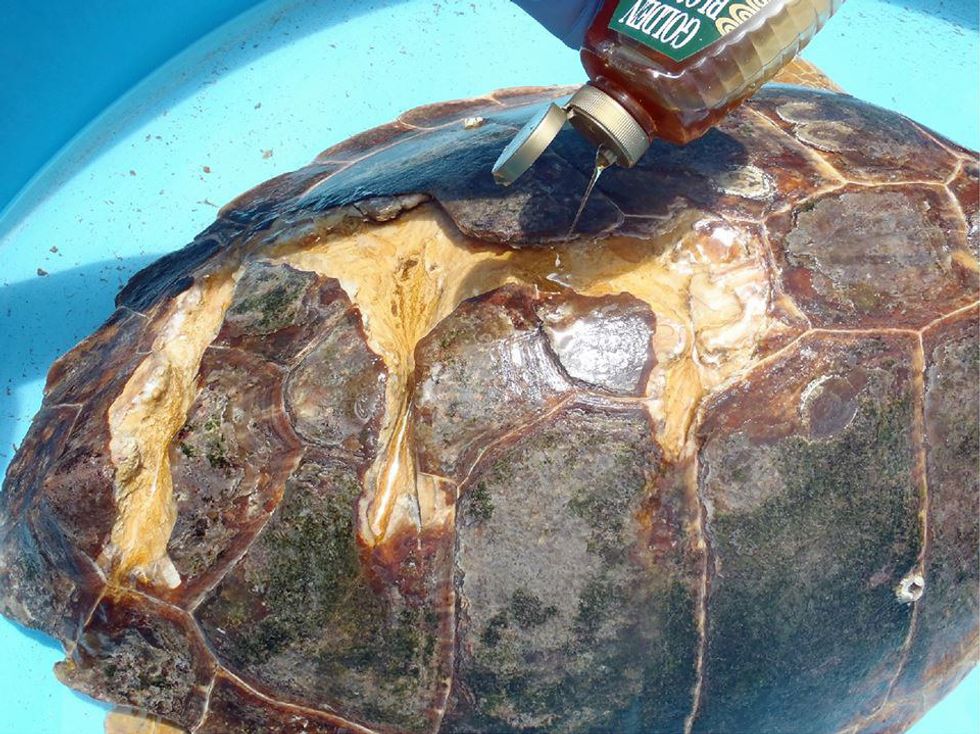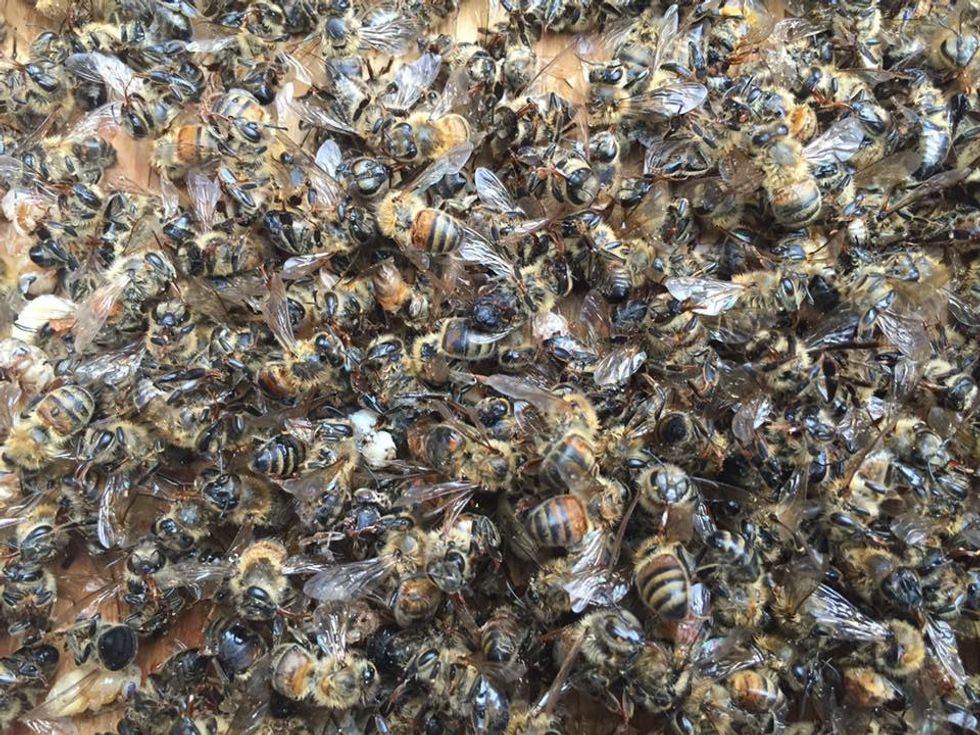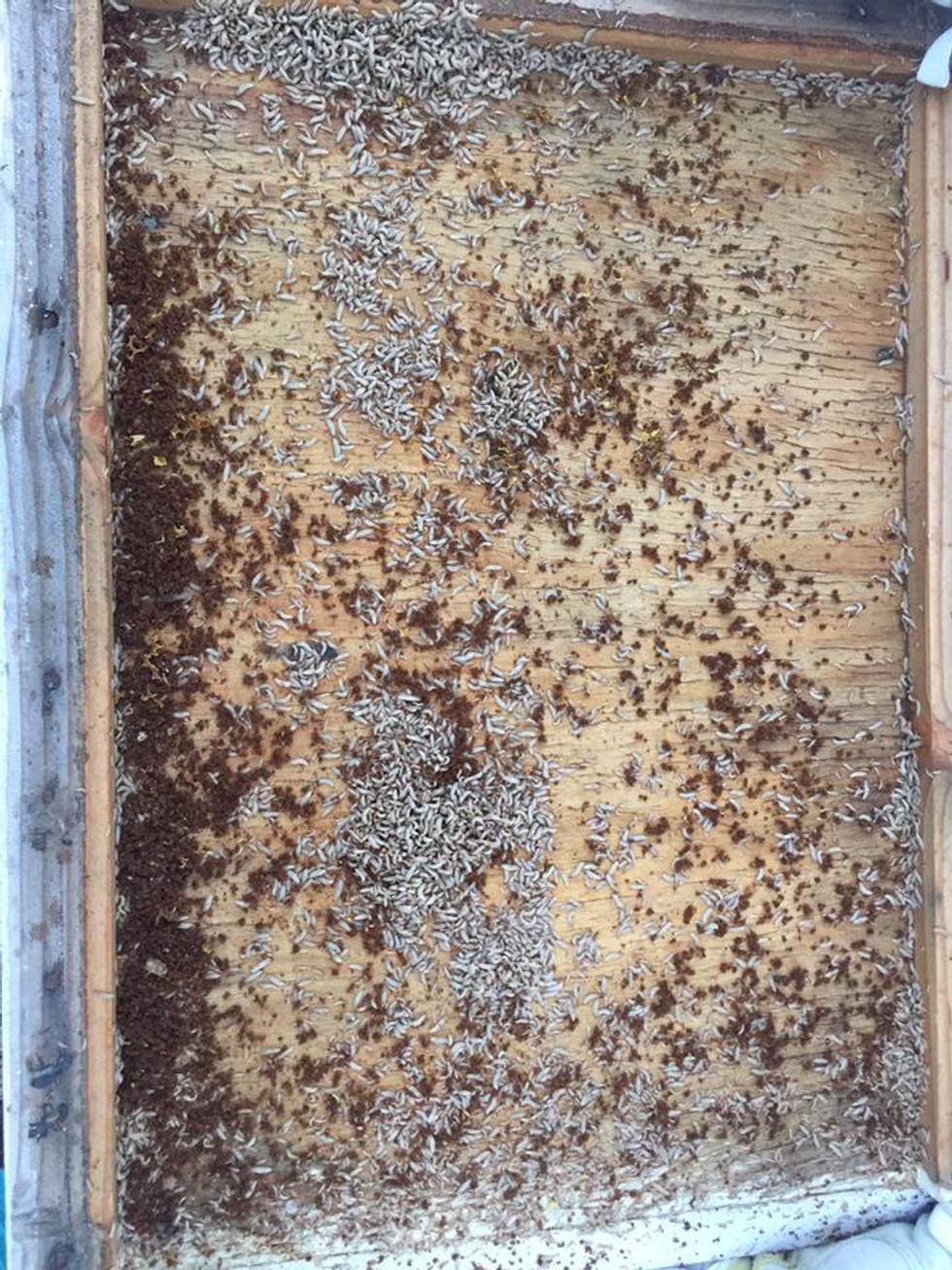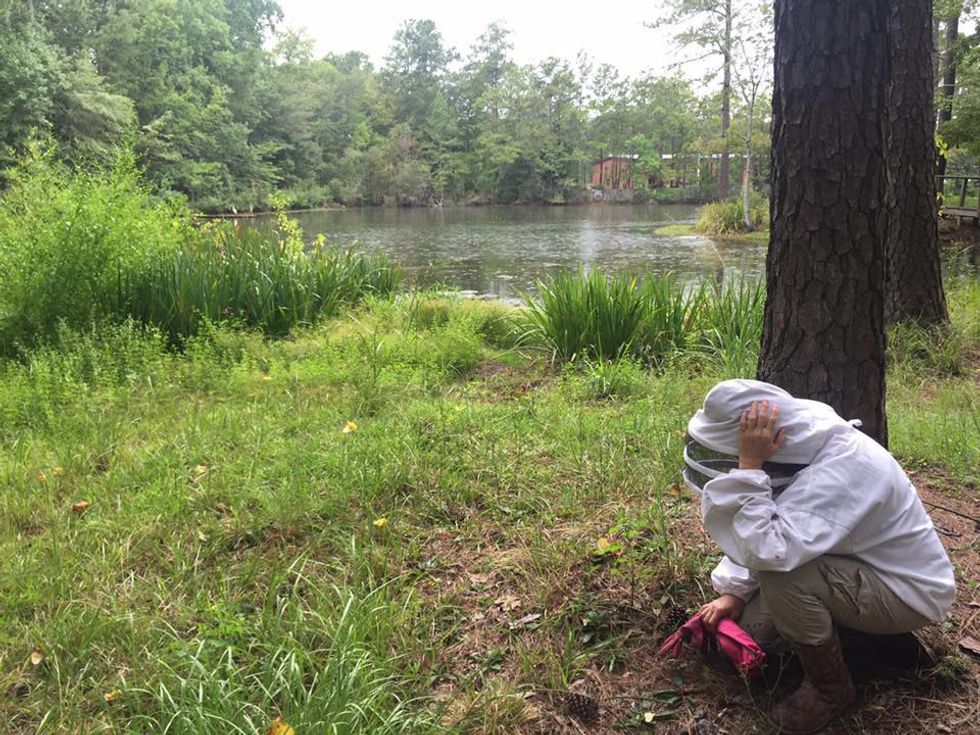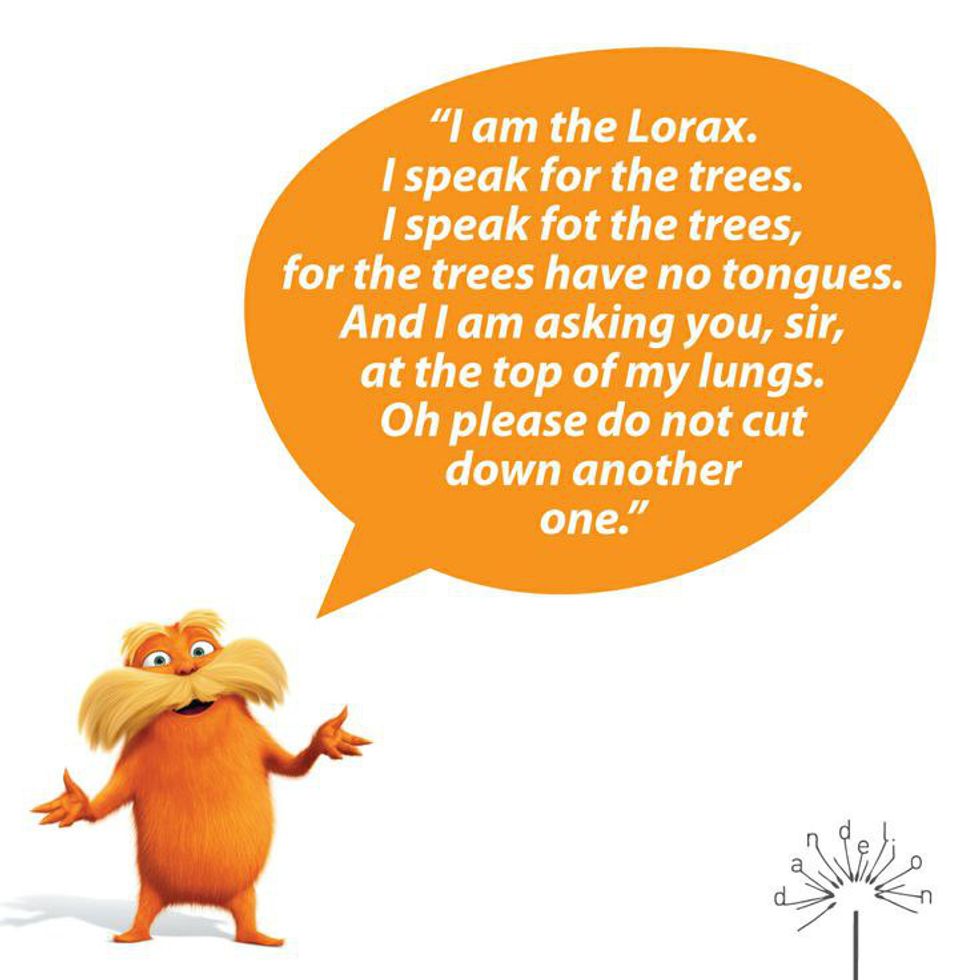Dear Diary,
I woke up this morning, pushed back my warm woolen blanket and headed to the shower. As I dried off with a polyester towel, I tried to imagine what those soft, thick and warm towels might have felt like, the ones Mom always puts on her Christmas list, but Dad can never afford to get her. We often stop by garage sales in hopes of finding some old cotton towels, but hardly anyone is ever getting rid of some. I put on a silk top and spandex bottoms, then headed to the kitchen for breakfast.
Mom made rice porridge. Again. I guess I can't blame her; there's not much you can do with corn and rice. Sometimes, I just wish we could splurge a little and get some of those eggs that Uncle Jack always has. But then I remember Uncle Jack is a senator and Mom and Dad are just teachers.
I grab some tea before heading to school. This stuff is gross, but I won't survive the day without some kind of caffeine. Maybe Katie will have some coffee she'll share with me. Her Dad's a podiatrist; what's a luxury to me is usually normal to Katie. I bet she got to have fruit salad or something for breakfast and she usually packs a hamburger and some kind of vegetable for lunch.
I know that diary session seems a little hyperbolic, but it isn't too far from a reality without bees. The bee population has already been in a steady decline, with Colony Collapse Disorder becoming more and more prevalent. While bees may seem like a nuisance at first, an investigation into their role in our culture reveals how dependent we are on bees as a population. 70 percent of fruits, vegetables, berries and nuts are dependent on bees to pollinate their flowers. Without pollination, these crops simply can not grow. Sure, there are other pollinating insects that could do some of the job, but bees make up a majority of this role in the food chain. While we might not lose the dozens of crops dependent on bee pollination if bees ceased their work, the yields would certainly decline, resulting in much higher costs at the supermarket.
Unfortunately, the price raise wouldn't be isolated to this list of items. Anything these items are used to help produce would be affected as well. Almond plants, for example, rely on bees to pollinate their flowers and aid in their growth. Almonds are often used in feed for chickens and cattle. When almonds get more expensive, their feed will become more expensive as well, increasing the cost to raise cattle and chickens. Consequentially, prices of beef, milk, eggs, butter and cheese would all increase. Some farmers won't be able to survive these price hikes, causing them to cut back on their herd or stop raising cattle altogether. Fewer farms results in fewer livestock, which will increase prices even further.
This is only one example. Cotton is another crop that heavily relies on bee pollination. I'm not sure about you, but I'm not ready to give up (or pay extra) for my already expensive fluffy cotton towels, denim jeans and soft, cotton blend sheets. I'm not ready to kiss t-shirts and yoga pants goodbye. Polyester and spandex just aren't the same.
Honey (made by bees) is used to help heal injured turtles. It is apparently anti-inflammatory and antibacterial. I'm not sure there is another animal on Earth who can make honey. Let alone how much it soothes your throat when it's sore!
If Colony Collapse Disorder wasn't enough to speak for the bees, our own government is now destroying millions of bees at a time. The CDC has recently started using an aerial spray of Naled in an attempt to kill Zika infected mosquitoes in places like Florida and South Carolina.
Flowertown Bee Farm out of Summerville, South Carolina posted devastating pictures of their loss to their Facebook page. Because of the unexpected aerial spray, they lost over 3 million bees, their business and their livelihood.
Only a snapshot of the many bees who died in the aerial spray.
Maggots have taken over the hives, feeding on the honey and baby honey bees.
A devastated bee keeper while cleaning the remains.
According to comments on their Facebook page, Flowertown Bee Farm received zero warning of the spray, giving them no time to collect the bees and transfer them somewhere safe.
Perhaps even more frustrating, aerial Naled spraying wasn't the only option available to combat the spread of mosquitoes with the Zika virus (though, I would argue that the fuss over the virus is overblown). The FDA approved a field test in Florida of genetically modified mosquitoes to be released in Key West. These mosquitoes (OX513A mosquitoes) have been genetically engineered to essentially prevent another "generation" of mosquitoes to populate. Given the generally short lifespan of a mosquito, this would, in theory, kill off the infected mosquito population fairly quickly. When brought into contact with female mosquitoes, the OX513A male mosquitoes gives the offspring a gene that is designed to kill them.
If you care about your environment, you should be angry. If you're tired of the government making decisions before fully weighing the costs or doing their research, you should be angry. If you like hamburger, fruits, vegetables, comfortable towels, jeans, yoga pants, ice cream -- really, anything with dairy -- you should be angry. If you don't like paying extra for items that are an integral part of your life, you should be angry.
For whatever reason you're angry, you need to speak. Be a voice against aerial spraying. Start the conversation in your community. Take a lesson from the Lorax and speak for the bees.




